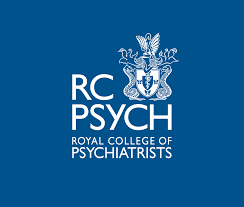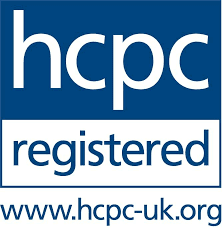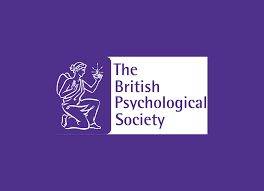Advice for Carers
Take care of yourself whilst caring for someone with ADHD.

We have some strategies from our expert therapists to help you
Even though people who are diagnosed with ADHD later in life are adults, it is still helpful to have someone to care for them.
We Care for ADHD Carers
Research shows that many people with ADHD experience high levels of self-doubt and low self-esteem, and often feel ashamed or embarrassed by their symptoms.
For this reason, it can be beneficial if those around them offer positive feedback and encouragement to help boost their sense of self-worth.
A carer can also work with the adult with ADHD to set up reminders of their tasks for the day. This can be in the form of post-it notes on a wall they commonly walk past to keep reminding them of what they need to do. This replaces the need to hold information in the brain which is beneficial for people with ADHD as they commonly have executive dysfunction.
If you feel overwhelmed or need help, please get in touch to speak to an expert.

Look After Yourself
Self-care is often neglected by carers due to the demand of caring for someone with ADHD. Often, the carer cares so much about wanting to help someone that they might neglect parts of their life.
1. Make time for self-care
One of the best things to do when caring for someone else is to practise self-care. When you are free, it is important that you refresh your mind and relax. Mindfulness or meditation is a great way to achieve that. Eat healthy, exercise, and find ways to reduce stress, whether it means taking a relaxing bath or practising morning meditation. If you get ill, acknowledge it and get help. Fitting in a bit of daily exercise boosts energy and will help you keep healthy and well. If possible, try and take a brisk 10 minute walk each day.
2. Have a positive mindset
Maintaining a positive attitude also helps not only for motivation for you, but it also sets a good example for the individual with ADHD. When you, as a carer, are calm and focused, you are more likely to be able to connect with the individual you are caring for, helping them to be calm and focused as well. One way to do this is to do gratitude journalling every day before you go to sleep or when you wake up. When you are feeling unmotivated, remember why you are doing this in the first place and the impact you have already had on the person you are caring for.
3. Maintain your personal boundaries
Setting boundaries is another good way to take care of yourself as a carer. Boundaries are good when caring for adults with ADHD as it means you also get a break and prevents neglection of your own life. Communicate your boundaries as early as possible to avoid getting overwhelmed quickly. Let the individual you are caring for know how you are feeling and that you need to take some time for yourself. This will them be clear on their expectations from you as a carer.
4. Find your own support system
As a carer, it can be hard emotionally and physically so professional and social support is available. However, research has found that many carers don’t recognise themselves as carers. No matter how big your responsibilities are as a carer, it can help to acknowledge how they affect your own life. Support doesn’t have to come from an outside organisation. Even talking things through with friends and family will help. They may not realise how care duties are impacting you. Searching for local support groups or carer support groups have often helped carers have an outlet.
How You Can Help Your Loved One With the Symptoms of ADHD
Many people with ADHD often feel ashamed of their symptoms. For this reason, those around them should offer positive feedback and encouragement to help boost their sense of self-worth.
Your friend or family member with ADHD will sometimes have trouble listening and processing what people say in conversations. Making sure the lines of communication are wide open and transparent can really help.
Patience and understanding when the individual with ADHD feel they are being ‘written off’ as too self absorbed or inattentive. Carers should listen actively when they feel that they aren’t being heard.
Encouraging the person to stick to a routine is also extremely important for a supporting family to reinforce. It helps the adult with ADHD to navigate daily life and manage their tasks and responsibilities.
Work with the adult with ADHD to set up reminders of their tasks for the day. This can be in the form of post-it notes on a wall they walk past often to keep reminding them of what they need to do. This replaces the need to hold information in the brain which is beneficial for people with ADHD as they commonly have executive dysfunction.








